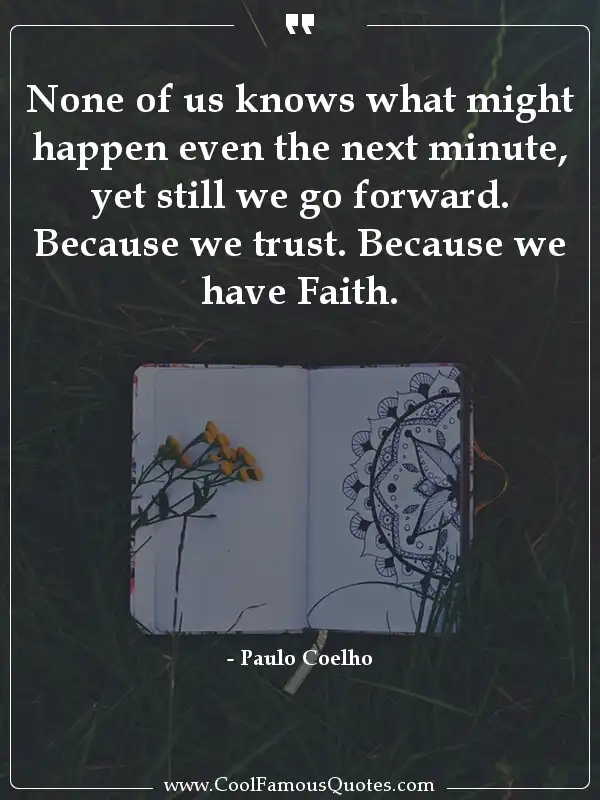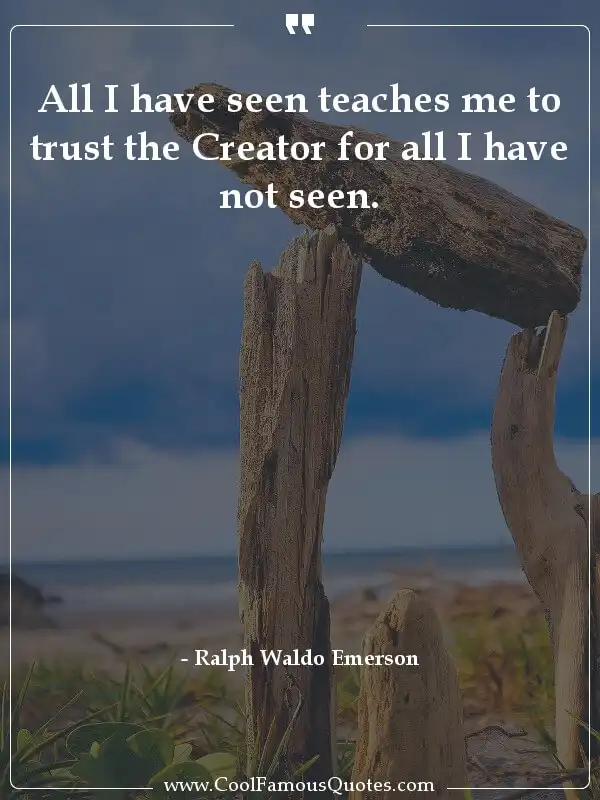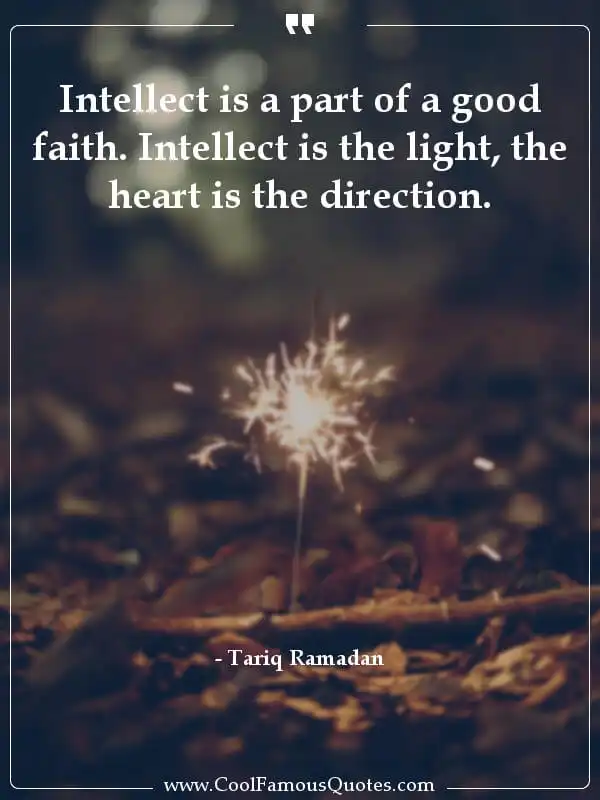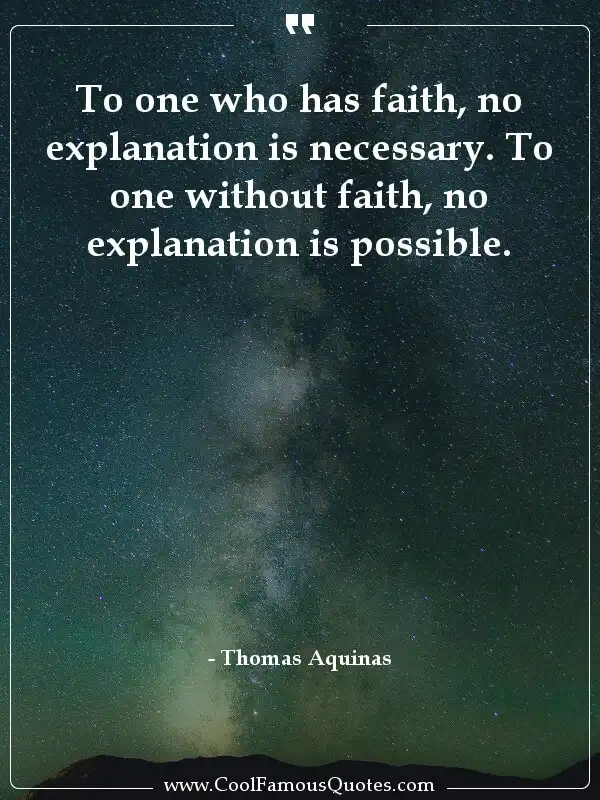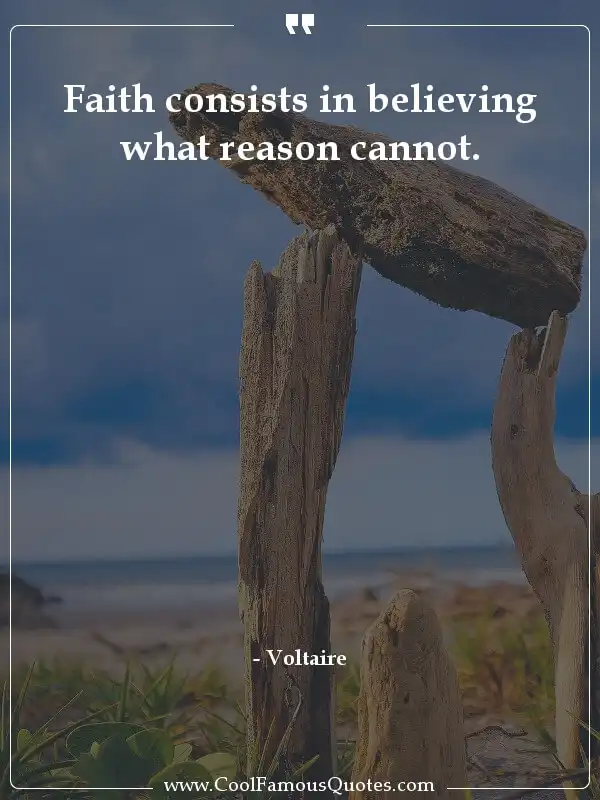“The best stories don't come from "good vs. bad" but "good vs. good."”
Decryption of quote
The best stories don't come from "good vs. bad" but "good vs. good."
Imagine a world where the lines between good and bad are blurred, where the characters are not simply heroes or villains, but complex individuals with their own motivations and struggles. In this world, the most compelling stories are not about a clear-cut battle between good and evil, but rather a nuanced exploration of conflicting virtues and values.
When we pit "good vs. good," we are forced to confront the complexities of human nature and the moral dilemmas that arise when two virtuous characters find themselves at odds. It is in these moments of conflict that true character is revealed, as individuals are forced to make difficult choices and grapple with the consequences of their actions.
By focusing on "good vs. good," storytellers can delve into the depths of human emotion and explore the grey areas of morality. It is in these shades of grey that we find the most compelling and relatable narratives, as we see ourselves reflected in the struggles and triumphs of the characters we follow.
When we move beyond the simplistic dichotomy of "good vs. bad," we open ourselves up to a world of moral complexity and philosophical inquiry. We are challenged to question our assumptions and consider the multiple perspectives that exist within any given situation.
Ultimately, the best stories are not about the triumph of one side over the other, but rather the exploration of what it means to be human in a world filled with conflicting values and desires. It is in these moments of tension and ambiguity that we find the true beauty and power of storytelling.
So let us embrace the challenge of "good vs. good," and allow ourselves to be drawn into the rich tapestry of human experience that unfolds when we confront the complexities of morality and virtue. In doing so, we may just discover a deeper understanding of ourselves and the world around us.
books life writing


